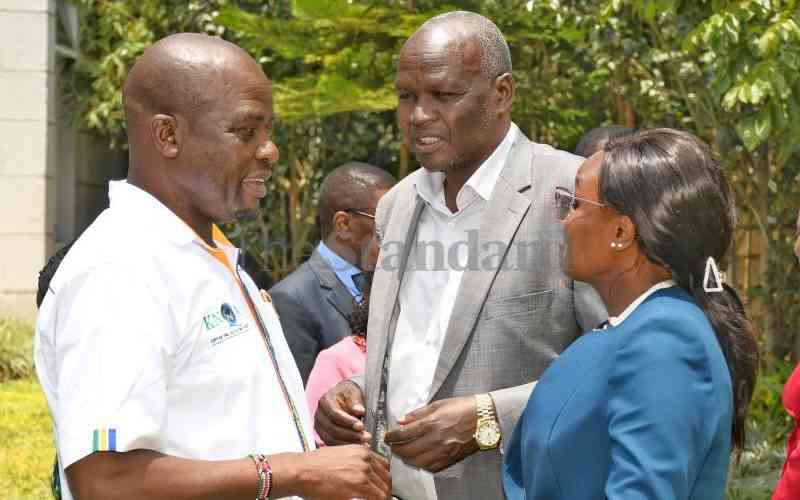×
The Standard e-Paper
Smart Minds Choose Us

The Ministry of Education has approved the Recognition of Prior Learning (RPL) policy which recognises skilled workers in the informal sector who do not have any academic documents.
Through the Kenya National Qualifications Authority (KNQA), the policy will be launched mid-next month with hundreds of immigrants and refugees set to be among the beneficiaries.